Search
Search within East and Southern Africa
587 results found

Background report
Infection Control During Filoviral Hemorrhagic Fever Outbreaks: Preferences of Community Members and Health Workers in Masindi, Uganda
Interviews were conducted with health workers and community members in Masindi, Uganda on improving the acceptability of infection control measures used during an Ebola outbreak. Measures that promote cultural sensitivity and transparency of control activities were preferred and should be…
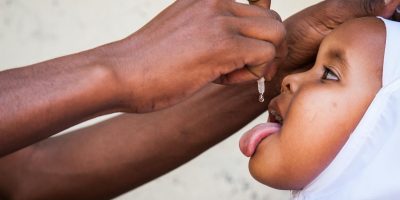
Background report
Improving Community Coverage of Oral Cholera Mass Vaccination Campaigns: Lessons Learned in Zanzibar
Recent research in two Cholera-endemic communities of Zanzibar has shown that a majority (94%) of the adult population was willing to receive free oral Cholera vaccines (OCVs). Since OCV uptake in the 2009 campaign reached only 50% in these communities,…
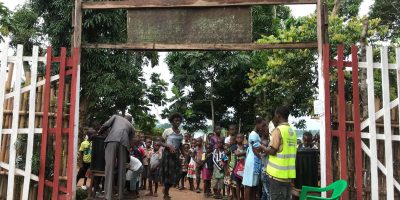
Background report
Evidence-Based Engagement of the Somali Pastoralists of the Horn of Africa in Polio Immunization: Overview of Tracking, Cross-Border, Operations, and Communication Strategies
Building on the experience of the 2013-2014 wild poliovirus outbreak in the Horn of Africa, this study examines applied strategies that helped to engage pastoralists of the Somali cluster (Somalia, Somali Region of Ethiopia, and North-East Kenya) in supplementary immunization activities. Aimed…
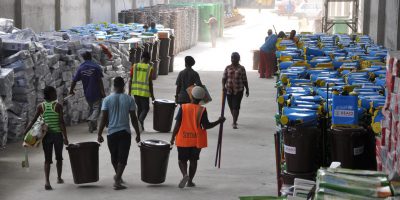
Background report
Distinguishing Social and Cultural Features of Cholera in Urban and Rural Areas of Western Kenya: Implications for Public Health
Urban and rural areas have distinctive health problems, which require consideration. To examine sociocultural features of Cholera and its community context, a semi-structured explanatory model interview based on vignettes depicting typical clinical features of Cholera was used to interview 379…
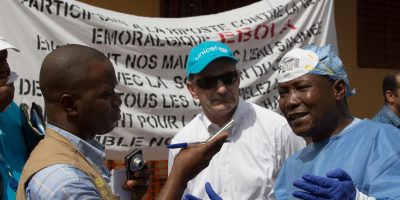
Background report
Comparison of Social Resistance to Ebola Response in Sierra Leone and Guinea Suggests Explanations Lie in Political Configurations not Culture
Instead of looking to 'culture' to explain patterns of social resistance (as was common in the media and in the discourse of responding public health authorities) a comparison between Sierra Leone and Guinea suggests that explanations lie in divergent political…
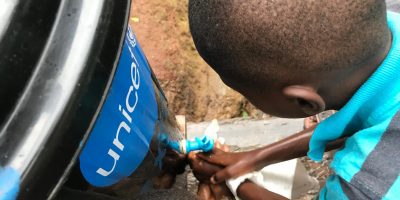
Background report
Comparing Sociocultural Features of Cholera in Three Endemic African Settings
Cholera mainly affects developing countries where safe water supply and sanitation infrastructure are often rudimentary. Sub-Saharan Africa is a Cholera hotspot. Effective Cholera control requires not only a professional assessment, but also consideration of community-based priorities. The present work compares…

Background report
Cholera Outbreaks in Malawi in 1998-2012: Social and Cultural Challenges in Prevention and Control
Cholera still remains a significant cause of morbidity and mortality in developing countries, although comprehensive surveillance data to inform policy and strategies are scarce. A desk review of the national Cholera database and zonal and districts reports was conducted. Interviews…
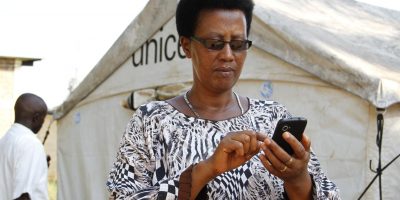
Evidence review
Cell Phones as an Anticipatory Technology: Behind the Hype of Big Data for Ebola Detection and Containment
This paper analyzes ethnographic and cartographic evidence from Sierra Leone that show the limitations of big data relative to the containment of Ebola. In this paper, big data is both a technology itself and also a foundation and catalyst for…

Evidence review
Camel Milk, Amoxicillin, and a Prayer: Medical Pluralism and Medical Humanitarian Aid in the Somali Region of Ethiopia
This paper details how exposure to new clinics, diagnostic technologies, and pharmaceuticals during humanitarian relief operations in the Somali Region of Ethiopia shaped local pluralistic health systems and altered the ways in which residents subsequently conceived of and treated illness…

Background report
A Rapid Qualitative Assessment of Oral Cholera Vaccine Anticipated Acceptability in a Context of Resistance Towards Cholera Intervention in Nampula, Mozambique
While planning an immunization campaign in settings where public health interventions are subject to politically motivated resistance, designing context-based social mobilization strategies is critical to ensure community acceptability. in preparation for an Oral Cholera Vaccine campaign implemented in Nampula, Mozambique,…
Background report
Knowledge, Attitudes and Practices on Rift Valley Fever among Agro Pastoral Communities in Kongwa and Kilombero Districts, Tanzania
“Rift valley fever (RVF) is a re-emerging viral vector-borne disease with rapid global socio-economic impact. A large RVF outbreak occurred in Tanzania in 2007 and affected more than half of the regions with high (47 %) case fatality rate. Little…

Evidence review


